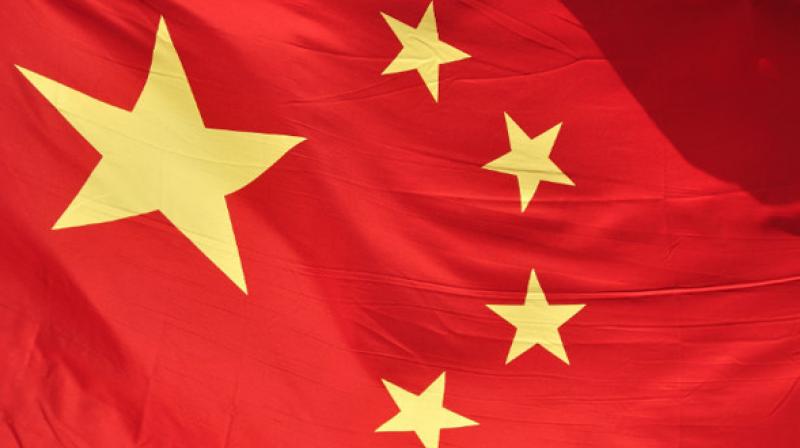China takes 12 envoys on tour to Muslim Xinjiang
Observers said the 12 countries whose envoys were given a tour were from Muslim-majority nations.

New Delhi: Diplomats from 12 countries including India were taken on a three-day tour late last month of China’s Xinjiang region, the Chinese state-run news agency Xinhua reported on Wednesday.
China has been under intense criticism from the West for its human rights record in the restive Xinjiang province amid Western media reports of thousands of Muslims Uighurs in the north-western province being held in camps there. China had for the first time in October last year confirmed “launching a vocational education and training programme” in the region whose “purpose is to get rid of the environment and soil that breeds terrorism and religious extremism and stop violent terrorist activities from happening”.
A Xinhua report on Wednesday said diplomatic envoys/representatives from 12 countries witnessed the social and economic progress in northwest China’s Xinj-iang Uighur Autonomous Region on a tour from December 28 to 30, 2018. The countries were Russia, Kazakhstan, Kyrgyzstan, Uzbekistan, Tajikistan, India, Pakistan, Indonesia, Malaysia, Afghanistan, Thailand, and Kuwait.
Observers point out that most of these 12 countries are Muslim-majority, indicating perhaps the pressure that China is under to convince foreign countries, especially in the Muslim world, that it is not ill-treating its Muslim population that lives in Xinjiang.
The Xinhua report said, “The diplomatic envoys visited local markets, farmers, educational institutes, mosques, factories, as well as vocational education and training centres. Throughout the trip, they interacted with vendors, students, and workers in Xinjiang and learned about the region’s progress in maintaining social stability, improving people's livelihood and developing local economy.
They said they expected to cooperate with China's Xinjiang in the fields of culture, tourism, economy and trade. In Kashgar, the diplomatic envoys also visited a local economic development zone. The diplomatic envoys also visited Id Kah Mosque in Kashgar, the largest mosque in Xinjiang, and were briefed on the mosque and its facility improvements."
It may be recalled that in October this year, China had said that learning of the Mandarin Chinese language and "de-extremisation education" along with knowledge of "Chinese history, culture and national conditions" is among the "main content" of the "lenient" vocational education and training program which Beijing claimed had enabled most trainees to "learn from their mistakes". China in a rare admission then had also said that "there is still a long way to go for southern Xinjiang to eradicate the environment and soil of terrorism and religious extremism".

